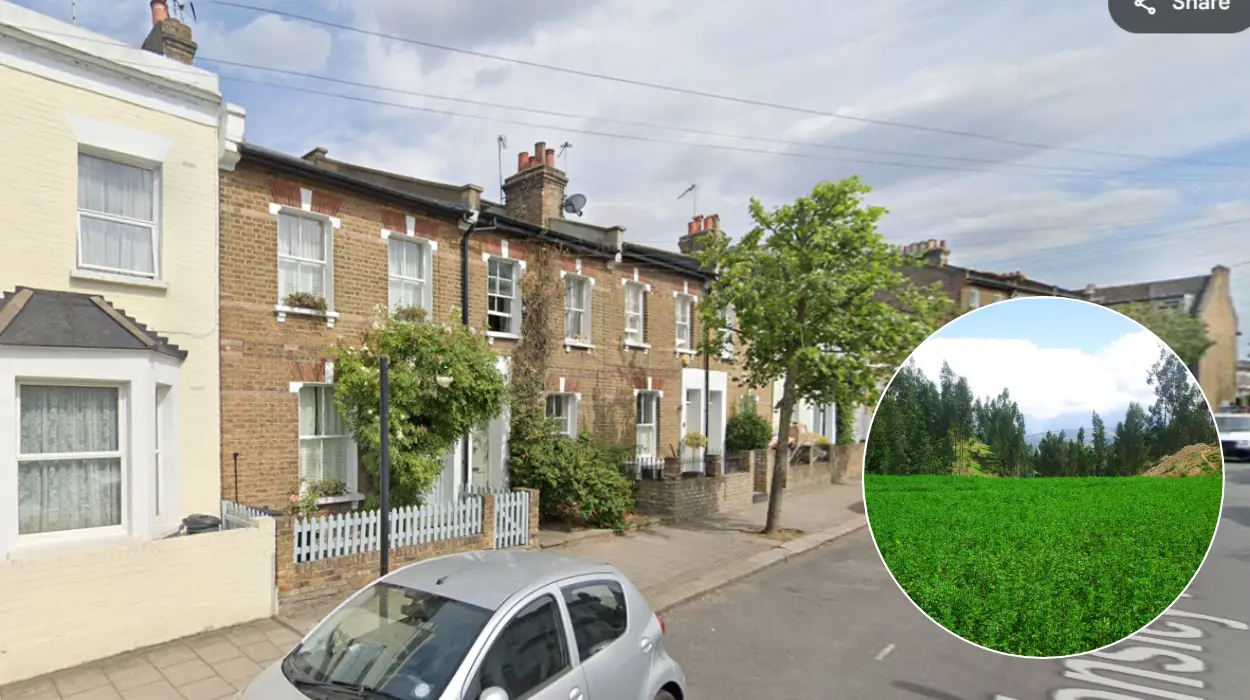Wandsworth (Parliament Politics Magazine) – Wandsworth Council has secured £4.5 million in external funding to support eco-friendly upgrades and reduce emissions in public buildings across the borough.
As reported by Wandsworth, the council will be able to reduce energy use by 92% and make five of our buildings, including Putney Leisure Centre, more sustainable due to a £4.5 award from the Public Sector Decarbonisation Scheme.
Meanwhile, a £200,000 award from the Mayor of London’s new Green Schools initiative will upgrade two borough schools, saving each one about £15,000 on its energy costs.
Cabinet member for Environment, Paul White said:
“It’s great news that we have secured this money. Sound financial management is at the heart of everything we do and by putting in successful bids and bringing external funding into Wandsworth we can maximise value while keeping council tax low.
More energy efficient public buildings are a key part of our journey towards net zero creating a more sustainable future for our borough.”
Insulation, heat pumps, window and roof upgrades, and the installation of building management systems—which use a computer to maximize efficiency across the building’s electrical and mechanical systems like lighting and security—are just a few of the projects that will be funded under the Public Sector Decarbonization Scheme. Additionally, the council will invest £3.3 million in the project.
To get the most out of the donation, they have selected the following buildings:
- Putney Leisure Centre (apart from the recently finished project)
- Gwynneth Morgan Day Centre
- Falcon Grove
- Oakdene Residential Unit
- Wandsworth Town Hall
It is anticipated that the improvements at these five locations will result in a 92% decrease in energy use and avoid about 570 tonnes of carbon emissions alone in these settings.
The Department for Energy Security and Net Zero oversees the Public Sector Decarbonization Scheme, which is administered by the non-departmental public organization Salix. It offers incentives to help achieve its goal of a 75% reduction in emissions from public buildings by 2037.
Additionally, funds from the Mayor of London’s Greener Schools initiative will be used to improve the energy efficiency of two borough primary schools.
The Tooting primary schools of Garratt Park and Smallwood will each receive £100,000 in funding. Although specifics are still pending, potential renovations could involve solar panels, heat pumps, LED lighting, and insulation.
It is anticipated that the 38 schools in London that are getting financing will save over £15,000 annually on average.
One of the main initiatives in our climate action strategy is the decarbonization of municipal buildings. Wandsworth wants to help the entire borough achieve net zero by 2043 and become a net zero council by 2030.
Additional efforts include promoting more environmentally friendly transportation, enhancing air quality, funding parks and promoting biodiversity, boosting recycling, and assisting citizens and companies in lowering their carbon footprints.
Director of public sector decarbonisation at Salix, Ian Rodger said:
“We’re pleased to support Wandsworth Councils in the journey to net zero. The Public Sector Decarbonisation Scheme will help reduce carbon emissions which is a key factor in our drive to help combat climate change.
As the council works to reduce carbon emissions, it will also enable the buildings to be more comfortable places in which to visit and work.”
What are the main objectives of the Public Sector Decarbonisation Scheme in Wandsworth?
To assist public sector organizations in lowering carbon emissions from their facilities by implementing heat decarbonization and energy efficiency initiatives.
This entails installing energy-efficient lighting, upgrading heating systems to low-carbon alternatives, enhancing insulation, and putting renewable energy technology like solar panels and heat pumps into place.
Assisting the UK government in reaching its goal of net zero greenhouse gas emissions by 2050, with a particular focus on reducing emissions from public sector buildings by 75% by 2037 in comparison to a baseline set in 2017. Additionally, the plan supports short-term objectives such as a 50% decrease by 2032.
To encourage long-term, affordable energy savings and lessen the carbon footprint of the public sector while boosting economic expansion and generating employment in the green economy.


